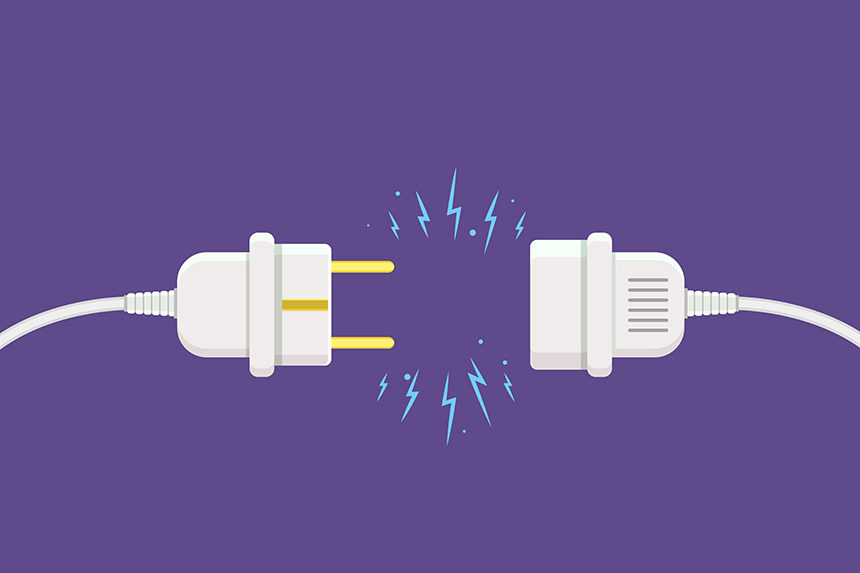This past Spring, rumblings about ChatGPT and other OpenAI systems emerged in my school district. Fellow educators and I began asking ourselves (and each other) a plethora of questions regarding AI and its place in the classroom:
- What role does AI play in the classroom setting, if any?
- Should students be charged with plagiarism for using AI? For any assignment? For some?
- How do we monitor when students are/are not using AI? (without the massive headache of plugging every assignment into GPTZero)
- Will students ever learn writing skills and discover their unique writing voices if they use AI?
It is difficult (and in some ways impossible) to fully answer these questions. Some journalists, such as New York Times writer Kevin Roose, in his piece “Don’t Ban ChatGPT in Schools. Teach With It.” argues that while ChatGPT may unfortunately hinder students’ writing skills, it isn’t going anywhere, so we must teach students to use it in productive ways. Other writers, such as Jonathan Malesic from The Atlantic, in “What ChatGPT Can’t Teach My Writing Students,” suggests that ChatGPT will not give students “the capacity to empathize with distant strangers” — a skill that is vitally needed to communicate across cultures. These articles reveal that, just as educators in my building have differing opinions of AI, so do writers and educators nationally.
As human beings, we are consistently evolving and growing — so I do not pretend to think that my views on AI will be the same months or even weeks from now. However, for the time being, I am not in favor of using AI in the classroom. One of the major pitfalls of ChatGPT is that it pulls information from sources that may not be credible; this completely undermines the charge I give my students to find and use credible sources. Furthermore, using ChatGPT may be more efficient, but it does not teach my students to truly wrestle with a piece of writing and refine their own style. Ethically, I cannot justify allowing my students to utilize a writing tool that will not foster their growth as writers.
However, I do see the need to converse with my students about AI and plan to do so. In order to be productive digital citizens, they must have an awareness of AI — both how it works and its potential pitfalls. Through these conversations, my goal is not to sway my student to my viewpoints, but to inform them and allow them to form their own opinions of AI.
In the future, if AI is refined to be more credible and accurate, I may reconsider my views on using it for some assignments. For now, I see far more cons than pros in allowing its use in my classroom.



